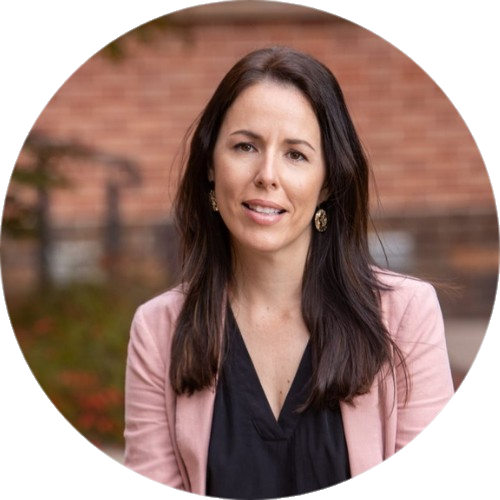Make a meaningful impact with a graduate certificate informed by industry experts and pioneering research.
This uniquely positioned qualification has been developed in partnership with the Australian Centre for Child Protection, Australia’s leading research centre working to improve the lives of vulnerable children.
Advance your current skills with specialised knowledge of child abuse and neglect, harmful behaviours, child development, and the impact of trauma on vulnerable children, their families and communities. You’ll learn to apply critical thinking and reflection skills, and build collaborative connections with peers and specialists to strengthen your learning.
Graduate with an in-demand skillset, ready to take your career to the next level and make a positive difference in the lives of children and families.
Find out more about this degree
Top 5 in Australia
for quality education*
100% online
No need to come onto campus
Credit for prior study
Fast-track your graduation
Flexible study options
Work while you study
Support 7 days a week
Get help when you need it
24/7 access
to online learning resources
*2021 THE University Impact Rankings
Thinking of studying soon?
What you'll learn
You’ll gain a fundamental understanding of how to recognise and respond to childhood trauma resulting from abuse and neglect, and how to work therapeutically with affected children. Explore topics spanning neurodevelopment, trauma-informed care, attachment, case planning, and assessment. Complement your studies with regular community of practice sessions, fostering reflection and peer support.
Meet your Program Director

"As an academic practitioner, I bring my industry experience from the Australian Centre for Child Protection to inform this practical and important program. This qualification has been designed to help frontline practitioners develop their own trauma-informed lens to better understand what they’re observing in their roles, with the opportunity to share and learn with experienced peers. Graduates will learn how to be curious in an informed way, question their own bias, and be truly considered in their approach to working with children and young people who have experienced the devastating impacts of trauma."
Amanda Paton
Program Director



